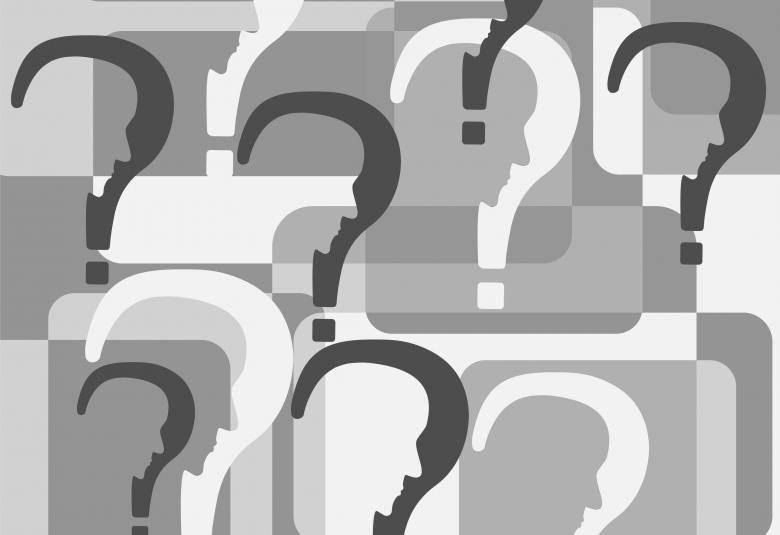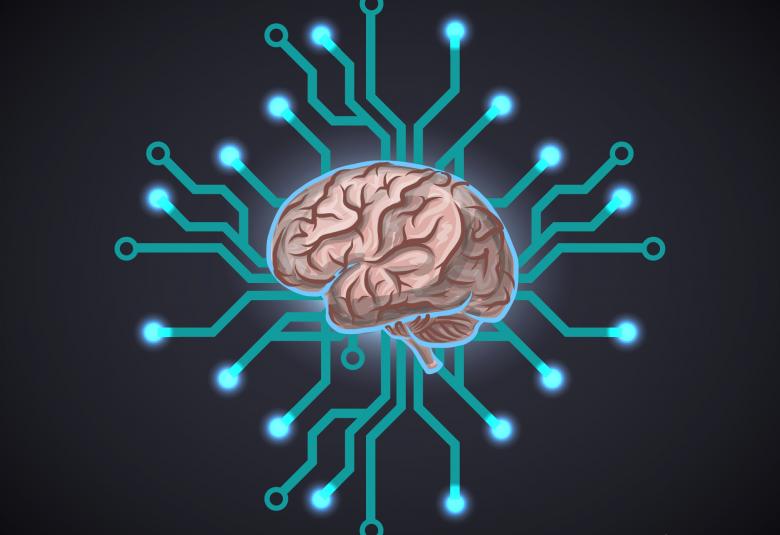What aspects of bipolar care do you think could be improved by the application of a clinical-staging approach?
I’m not sure it makes a lot of difference to bipolar care. Where I have used DSM has been largely in medical legal work or in research work. But actually one-to-one clinical care has been more clinical judgment. Most of the patients I see are mixed states anyway, so it’s really deciding whether they’ve got something or everything and this is quite useful with manic patients, to know whether there’s any depression. Previously it was just based on clinical knowhow and experience but this makes it a bit clearer. I’ll probably use this at work.
Based on your experience, what particular signs and symptoms characterise an early-stage patient suffering mania with depressive symptoms?
Usually the fact that they don’t stop talking and you have to interrupt them to get a word in, and they’re overactive in general, spending a lot of money that they don’t have. It’s just the effects mainly as well. I mean, if you speak to a patient with mania, they’re usually quite happy but quite often you can make them cry, which probably means they’ve got some depression underlying. I’ve seen it quite a few times but I didn’t realise it was so important until this.
What type of diagnostic tools do you regularly use in your daily practice?
I’ve got the [mania with depressive symptoms] MINI module here, as it’s about the only one that’s new here that I hadn’t heard of before. I usually use the MADRS for depression quite a lot – it’s just a depression rating scale. I use Hamilton rating scales when I can.
Our correspondent’s highlights from the symposium are meant as a fair representation of the scientific content presented. The views and opinions expressed on this page do not necessarily reflect those of Lundbeck.




